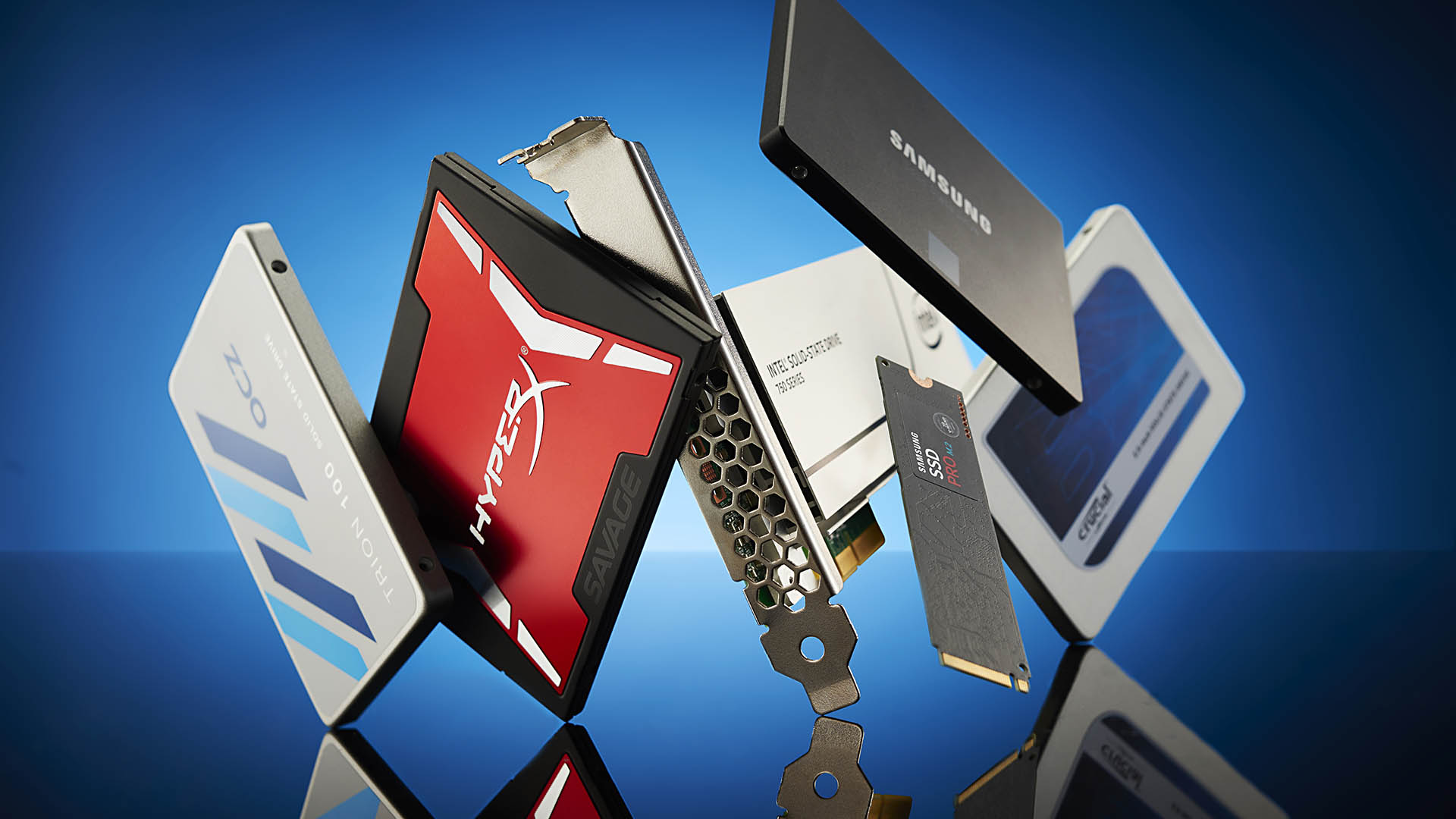Many existing PCIe 4.0 SSDs should work okay with DirectStorage says Phison
Reassuring news for anyone that has bought a compatible PCIe 4.0 SSD.

Phison, the manufacturer of SSD controllers found on many consumer NVMe drives, has released a bit more information about its new I/O+ technology and firmware update, which is designed to accelerate DirectStorage workloads. The good news is that its popular E18 controller, which can be found at the heart of plenty of modern PCIe 4.0 SSDs, already offers "exceptional performance that surpasses Microsoft’s recommendations for DirectStorage."
This may have you wondering what the Phison firmware update actually does if its main PCIe 4.0 controller is already good enough for DirectStorage? Well, it appears to offer a best-case scenario: "I/O+ Technology increases E18’s capabilities by reducing block level read disturb (BLRD). The technology allows game developers to build higher detail settings into next generation games that require guaranteed bandwidth."
This is reassuring news given Sabrent's recent Rocket 4 Plus G announcement which suggested that existing drives weren't up to the task of handling the needs of DirectStorage. You can now rest assured that you're probably covered, and don't need to rush out and buy another expensive SSD. A firmware update may indeed be needed to get the most out of some drives.
It does look like there is a significant shift coming that will require a lot more from our SSDs. The Phison I/O+ technology update covers this increased demand and will be made available for drives that are built around its PS5108-E18 controller paired with Micron B47R NAND. The update, which will be made available for free to end users, is already being made available to drive manufacturers so that they can validate it first.
The update is needed because DirectStorage potentially operates in a very different way than how we use drives currently. Right now consumer SSDs are optimized for bursty performance, but with long idle periods in between. DirectStorage is much more demanding when it comes to sustained workloads, with no idle time to handle maintenance operations. The I/O+ update handles these maintenance operations without interrupting IO. It does this using "smart scheduling and adaptive wear algorithms."

Best SSD for gaming: the best solid state drives around
Best PCIe 4.0 SSD for gaming: the next gen has landed
The best NVMe SSD: this slivers of SSD goodness
Best external hard drives: expand your horizons
Best external SSDs: plug in upgrades for gaming laptops and consoles
A key technology of DirectStorage is BypassIO, which is an optimized IO path for reading files. Traditional Windows storage involves a total of eleven steps between the application and the NVMe driver, BypassIO reduces this to just three. This reduces the CPU load and also reduces latency at the same time.
It's worth noting that this initial firmware update is only for E18 controllers paired with Micron's B47R NAND. E18 SSDs that feature Micron 96L and Kioxia BICS5 flash won't be supported at this time, but "may be in the future."
Keep up to date with the most important stories and the best deals, as picked by the PC Gamer team.
Ultimately we're still left waiting for Microsoft to outline what the drive requirements are for DirectStorage. And then it's going to be down to how game developers actually use the shiny new storage API. There are plenty of unknowns still at this point.
Alan has been writing about PC tech since before 3D graphics cards existed, and still vividly recalls having to fight with MS-DOS just to get games to load. He fondly remembers the killer combo of a Matrox Millenium and 3dfx Voodoo, and seeing Lara Croft in 3D for the first time. He's very glad hardware has advanced as much as it has though, and is particularly happy when putting the latest M.2 NVMe SSDs, AMD processors, and laptops through their paces. He has a long-lasting Magic: The Gathering obsession but limits this to MTG Arena these days.


